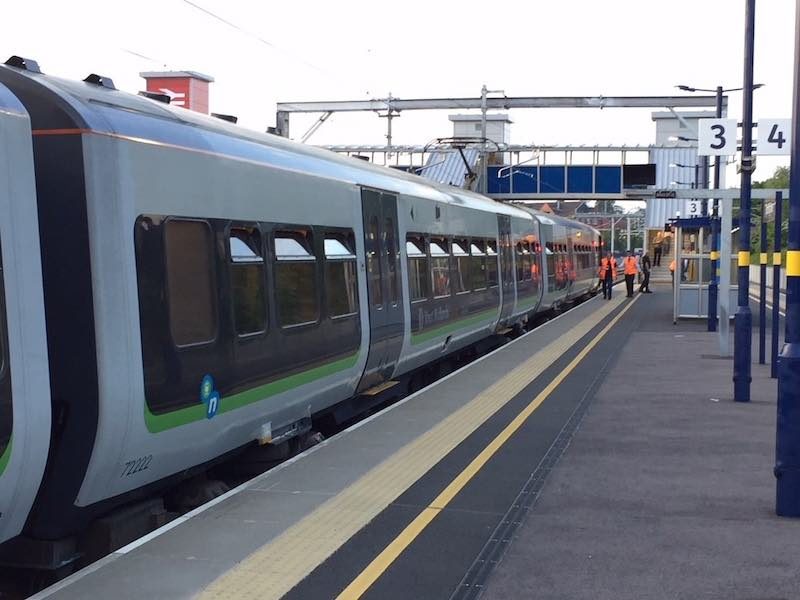Irish Rail has announced plans to shift its train fleet from diesel to electric, starting with a massive tender for up to 600 hybrid and battery electric powered carriages over a 10-year contract.
Iarnród Éireann said late last week it was seeking expressions of interest from global train manufacturers for the massive job, that would accommodate a major expansion of the fleet, while also retiring its 629-strong fleet including an ageing and original 76-carriage fleet.
“The overall order will see the Greater Dublin Area (GDA) total rail fleet, and up to 80 per cent of all heavy rail journeys in Ireland, set for a potentially emissions-free future, as well as generating reductions in noise, and cost savings in train operations,” a statement said.
Irish Rail said the tender notice, published in the Official Journal of the European Union (OJEU) and on etenders, was expected to attract the interest of virtually every major global train manufacturer.
“It will ensure customers on our rail network benefit from up-to-date facilities and technology, and that there are scale benefits in the competitive tendering for the NTA-funded investment,” it said.
Irish Rail says it expects electricity-powered trains to make up the overwhelming majority of train orders in the future, but noted that the tender process would provide for a possible first tranche of battery-electric hybrid trains, to ensure a smooth transition.
In particular, it would help accommodate for any delays in the electrification of the first of the train lines, which is targeted for 2024.
“The commencement of the tender process for our new fleet is the first major step in the DART expansion project, which will revolutionise public transport in the greater Dublin area, providing an even more frequent and environmentally sustainable commuting option for new and existing communities,” said Jim Meade, the chief executive of Iarnród Eireann.
“It will also provide greater capacity for Intercity and regional commuter services as carriages currently utilised in the greater Dublin area will become available for other services.”
Ireland’s National Transport Authority said the shift to electric trains by Irish Rail was a critical element of the effort to reduce Ireland’s greenhouse gas emissions.
“The recent Oireachtas Climate Action Committee report recommended that the public transport elements of Project Ireland 2040 be prioritised,” said NTA chief Anne Graham.
“The Committee called for the speedy delivery of public transport investment to encourage more people to choose sustainable modes and leave the car behind. Today’s announcement represents a significant step in that direction.”
In Australia, electricity-powered train networks are the norm for most major cities, but in regional areas – including in Victoria, whose Melbourne train network was the first in the country to be electrified in 1919 – most train fleets still use heavy-polluting diesel rolling stock.

Sophie is editor of One Step Off The Grid and deputy editor of its sister site, Renew Economy. Sophie has been writing about clean energy for more than a decade.

